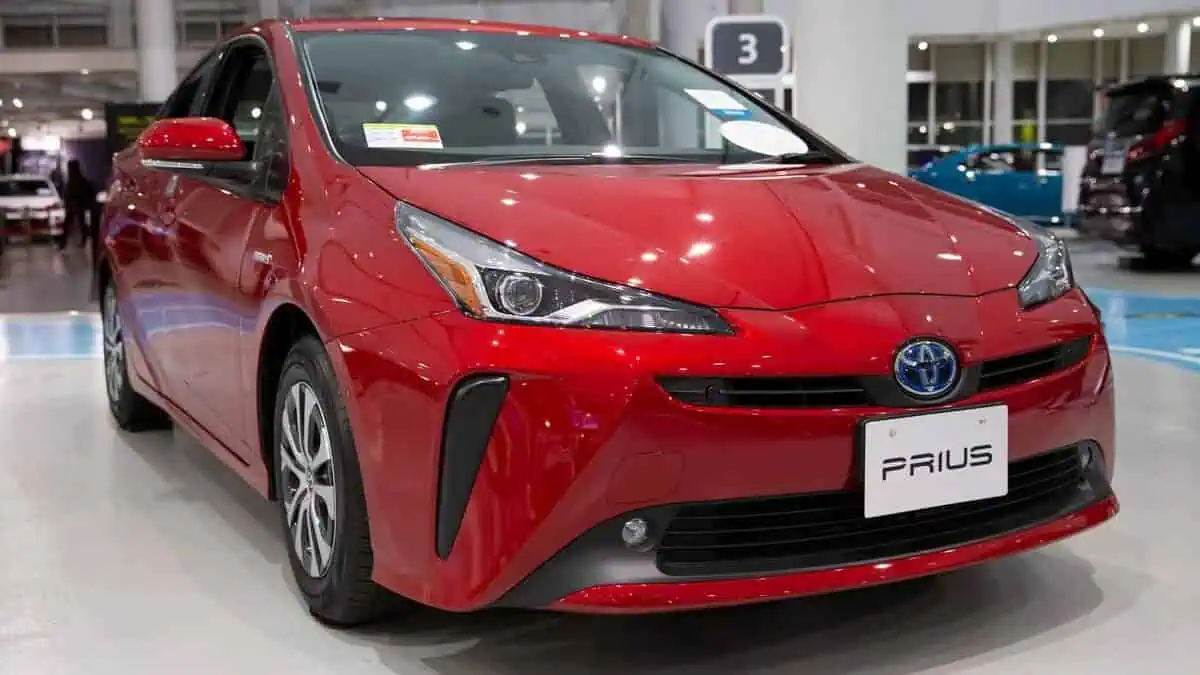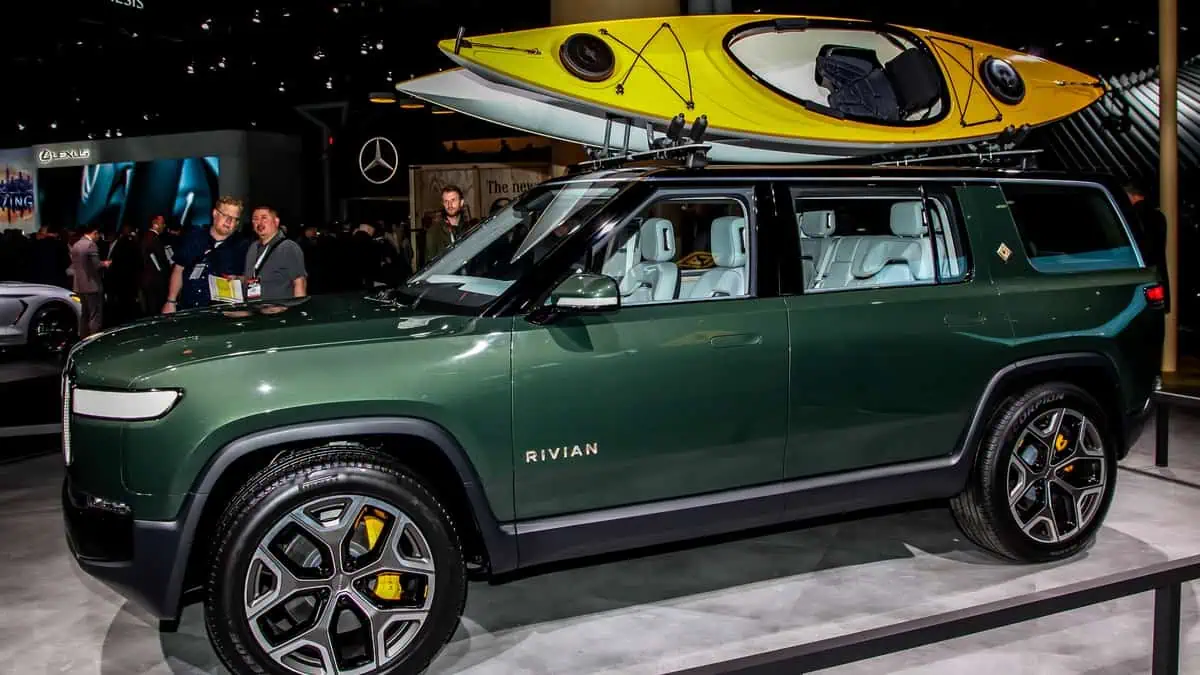The iconic Toyota Prius has been a symbol of hybrid cars since its 2001 debut, maintaining its status as the go-to HEV model for over two decades now.
In hindsight, the Prius’ sales peaked in 2012 at 236,655 units in the US. Although significantly lower, Toyota’s renowned HEV model continued to see reasonable sales, with over 59,000 models sold in 2021, according to Carsalesbase.
However, there is a sudden change in the automotive industry, with battery electric vehicles emerging as the “next big thing.”
Despite that, the Japanese legacy automaker has been adamant about promoting hybrids as a viable alternative for those not yet ready to fully embrace electric cars. It even refreshed the plug-in version of its popular hybrid, the Prius Prime.
Hybrids vs. EVs: Toyota’s unique stance
While other major automakers prioritize expanding their electric vehicle portfolios, Toyota continues to advocate for hybrids, providing a wide array of options for eco-conscious consumers.
Toyota’s vehicle lineup includes the Prius and Rav 4, both available in hybrid and plug-in hybrid versions. Meanwhile, the Corolla, Camry, Sienna, and other models are hybrid vehicles.
Even more, the automaker argues that it can produce 90 hybrid EVs or six plug-in hybrid EVs for the same amount of materials required for one all-electric EV.
This approach aims to maintain Toyota’s reputation as the leading hybrid EV brand. However, critics argue that it could divert focus and resources away from the full transition to battery-powered EVs.
Balancing hybrids, battery EVs, and fuel cell EVs
In response, Toyota developed an approach to electrification that involves a multi-pronged strategy, including hybrids, battery-powered EVs, and hydrogen fuel cell-powered EVs.
As Toyota juggles multiple electrification approaches, focusing on hybrids might detract from fully investing in BEVs, potentially delaying the transition.
For instance, Toyota’s effort to improve its EV initiatives has faced challenges. Its battery-powered EV, the bZ4X, suffered a major recall shortly after release. Moreover, the sales of its fully electric Mirai model in the US have also been relatively modest to 2,600 unit sales, raising concerns about Toyota’s EV market penetration.
Hybrids as a bridge to the EV future
Even when the EV infrastructure expands in the US and EV adoption rates rise, hybrids still undoubtedly have a place in the market.
However, the success of Toyota’s strategy remains uncertain. At some point, the company must decide whether to stay rooted in the hybrid Prius of the past or leverage its reputation to pave the way for a future EV Prius.
See Also:
- Toyota’s brand loyalty slips amidst growing influence of Tesla
- Tesla clears inventory and dominates the Australian market against Toyota as EV enthusiasm grows
- Toyota to establish a new US battery lab to test electric and hybrid vehicle batteries
- Toyota commits an additional $2.1B investment to its battery plant expansion in the US
Hybrids have indeed served Toyota well. However, the automotive landscape is rapidly evolving. That said, the automaker is now facing the challenge of balancing its hybrid heritage with a forward-looking EV vision.






